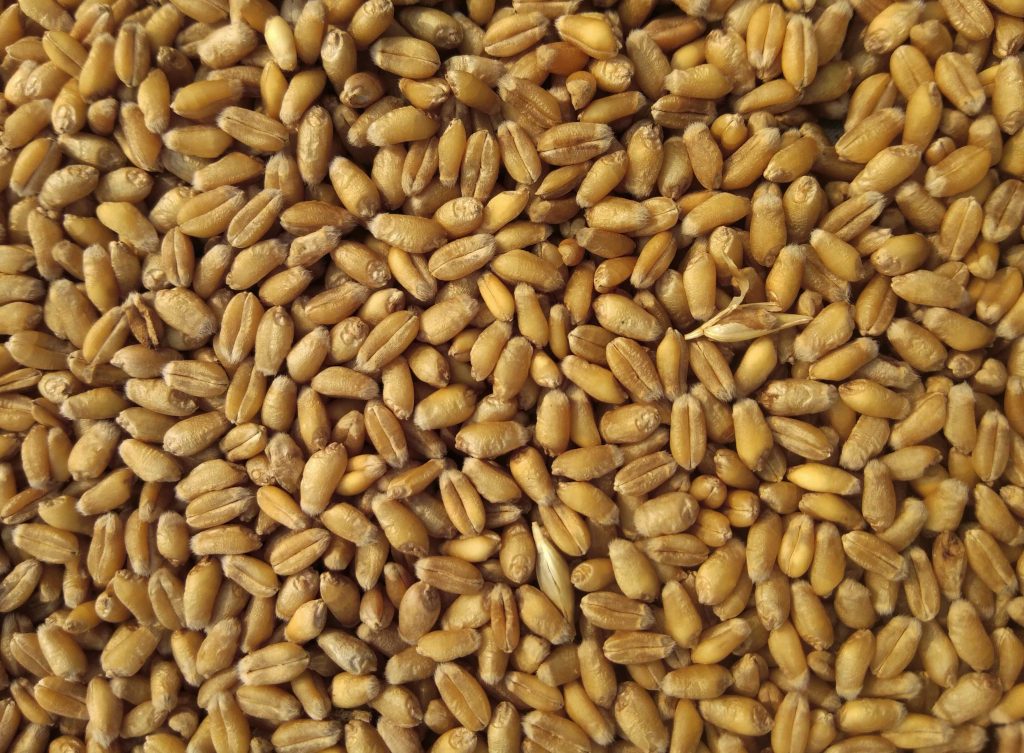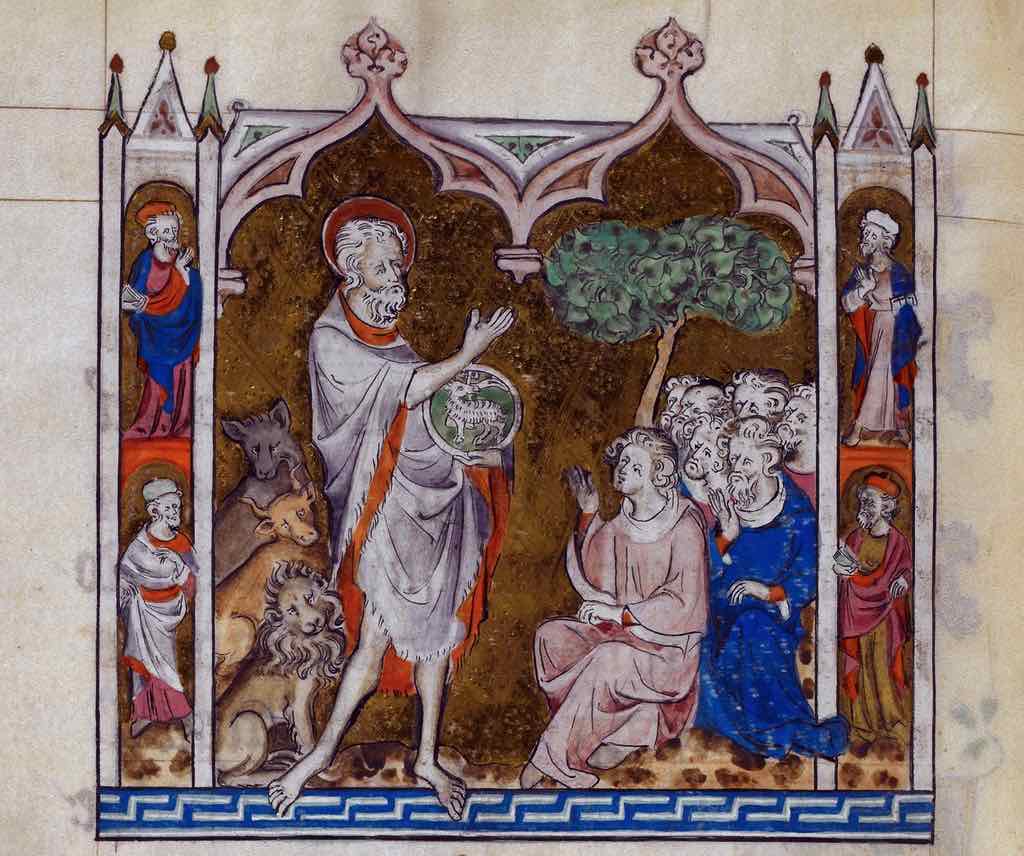
A garden is much more orderly than the wild outdoors. Though there is beauty in both, and though mankind can find a certain satisfaction in the outdoors, our inherent tendency is to tame it and structure it. It’s a reflection of man’s first job. Adam was tasked with working and taking care of the garden (Gen 2:15). So it is not hard to understand that every person has the ability to choose (what belongs where) and the ability to organize (this from that), perhaps even a built-in need to do that on some level. God made us to bring a certain kind of order to the created world. One might even say that human life consists of using discernment and making decisions to affect the environment around us. With these tools we build cities as well as gardens, and with these tools we determine the lives of the plants and animals in our environment. We weed and tend our gardens, and we govern and police our cities.
We are like that because we made in the image of God, and Sovereign God does likewise. He determines what to create, and He discerns who is to live and when, and who must be given yet another opportunity to thrive, and who must perish. Our times and lives are in His hands, always.
John the Baptist has already given us five reasons why repentance should be sought wholeheartedly. As Matthew wraps up John’s message, the Baptist gives us two more. Speaking of Christ who is to come after him, John says He will go about, “…gathering his wheat into the barn and burning up the chaff with unquenchable fire.” As with the earlier analogies of threshing and winnowing, ‘gathering into the barn’ and ‘burning the chaff’ are metaphors easily understood by an agrarian society. Everyone can know that you store what you value and can use, and you burn what is useless. John’s final two reasons both have to do with our final state. One result – that of being gathered and kept by God, is for the repentant. The other result – that of being burned to ash – is for the unrepentant.
To modern ears that can all sound more than a little harsh. But then again, is it not harsh to commit treason against the King of Kings? Is it not even harsher to reject the sacrifice of God incarnate, made on account of your treason that you might be cleared of your sin?
The modern reader might think that God would want to lead with love, not a call to repentance. But God has already lead with love. He has provided us a world that has everything we need and more. He has give us life to enjoy, a society to thrive in and His Word to rightly guide us in both, and He did not do all that for nothing. It was all to lead us to repentance. As Paul wrote, “Do you think you will escape God’s judgment? Or do you show contempt for the riches of his kindness, tolerance and patience, not realizing that God’s kindness leads you toward repentance? But because of your stubbornness and your unrepentant heart, you are storing up wrath against yourself for the day of God’s wrath, when his righteous judgment will be revealed. God “will give to each person according to what he has done.” To those who by persistence in doing good seek glory, honor and immortality, he will give eternal life. But for those who are self-seeking and who reject the truth and follow evil, there will be wrath and anger.”
John is right to emphasize repentance and to keep hounding us about it. Without repentance, we are but chaff awaiting fire. With it, we are blessed of God and welcome in His household.
God gives us time enough to turn and live. When a teacher sets a task of a few pages to his scholar, and says, “I give you a week to do it in,” he allows him a “long time,” for the task is one which might be done in an hour. So, when God says, “Seek ye Me, and ye shall live,” or “Acquaint thyself now with God, and be at peace,” and gives us a lifetime for this, He is giving us “a long time.” We delay, and linger, and loiter; so that year after year passes by, and we are no nearer God than at first. But our delays do not change the long time. We make it a short one by our folly; but it was really long for the thing that was to be done.
Horatius Bonar
APPLICATION: Repentance
There is always something more of ourselves to loose, and something more of God to gain. For that reason alone we have more than enough to seek His face in repentance.










